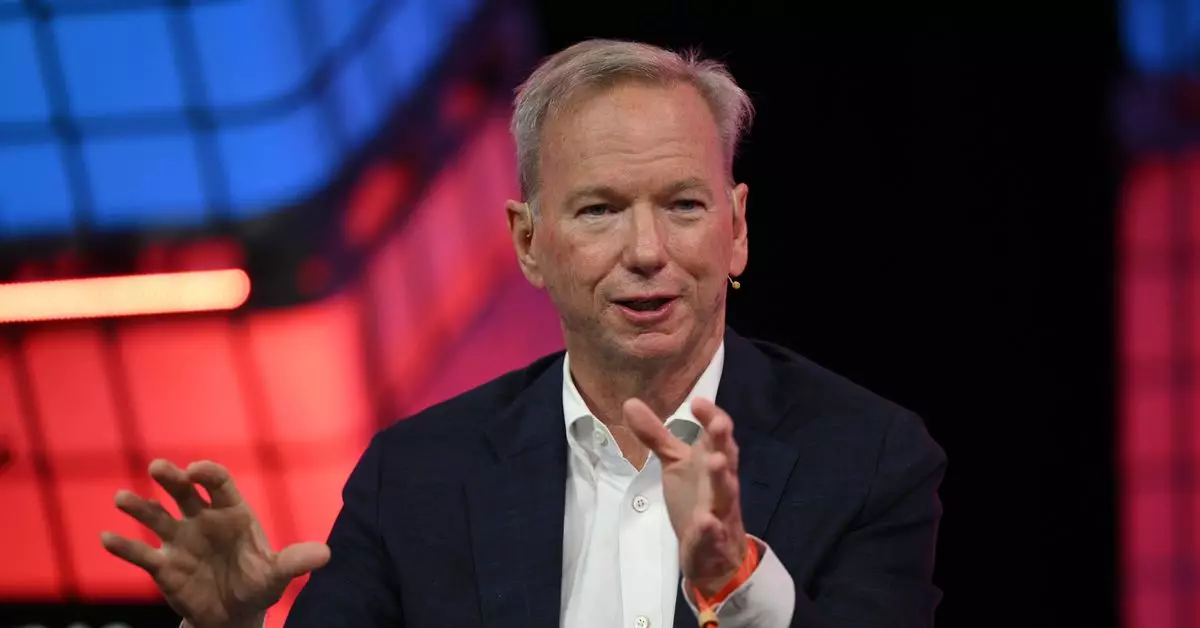Former Google CEO and chairman Eric Schmidt recently made headlines for his controversial remarks regarding Google’s response to the rise of ChatGPT. Schmidt claimed that Google was blindsided by this technological advancement because its employees prioritized working from home over innovation. This statement caused a stir in the tech industry and led to the removal of the video containing Schmidt’s comments from Stanford University’s YouTube channel.
During a discussion at Stanford, Schmidt also shared his vision for a future world where AI agents could perform complex tasks on behalf of humans. He presented a scenario where individuals could command an AI agent to create a TikTok competitor within minutes, steal all the users and music, and release the program instantly. Schmidt emphasized the importance of rapid product development and iteration in today’s fast-paced digital landscape.
Schmidt further elaborated on the mindset of Silicon Valley entrepreneurs, suggesting that taking risks and experimenting with new ideas are essential for success. He used the example of creating a TikTok competitor and hinted at the need for legal cleanup if the product gains traction. Schmidt’s approach highlights the aggressive and competitive nature of the tech industry, where innovation often involves pushing boundaries and challenging existing norms.
Despite stepping down from his role at Google in 2015, Eric Schmidt continues to be a prominent figure in Silicon Valley. He remains active as an investor in startups and maintains close relationships with key industry players, such as AI startup Mistral and tech entrepreneur Sam Altman. Schmidt’s connections and investments underscore his ongoing impact on the tech ecosystem and his interest in shaping the future of technology.
While Eric Schmidt’s comments may have been controversial, they offer valuable insights into the mindset of tech leaders and the challenges of navigating a rapidly evolving industry. Schmidt’s vision for AI agents and entrepreneurial strategies reflect the dynamic and competitive nature of Silicon Valley. However, his emphasis on speed and iteration raises ethical questions about the potential consequences of prioritizing rapid innovation over ethical considerations.
Eric Schmidt’s recent remarks shed light on the complexities of the tech industry and the constant pressure to innovate and adapt. While his comments may have sparked debate and criticism, they serve as a reminder of the challenges and opportunities inherent in the fast-paced world of technology. As Silicon Valley continues to push the boundaries of what’s possible, it’s essential to consider the ethical implications of technological advancements and strive for a balance between innovation and responsibility.


Leave a Reply